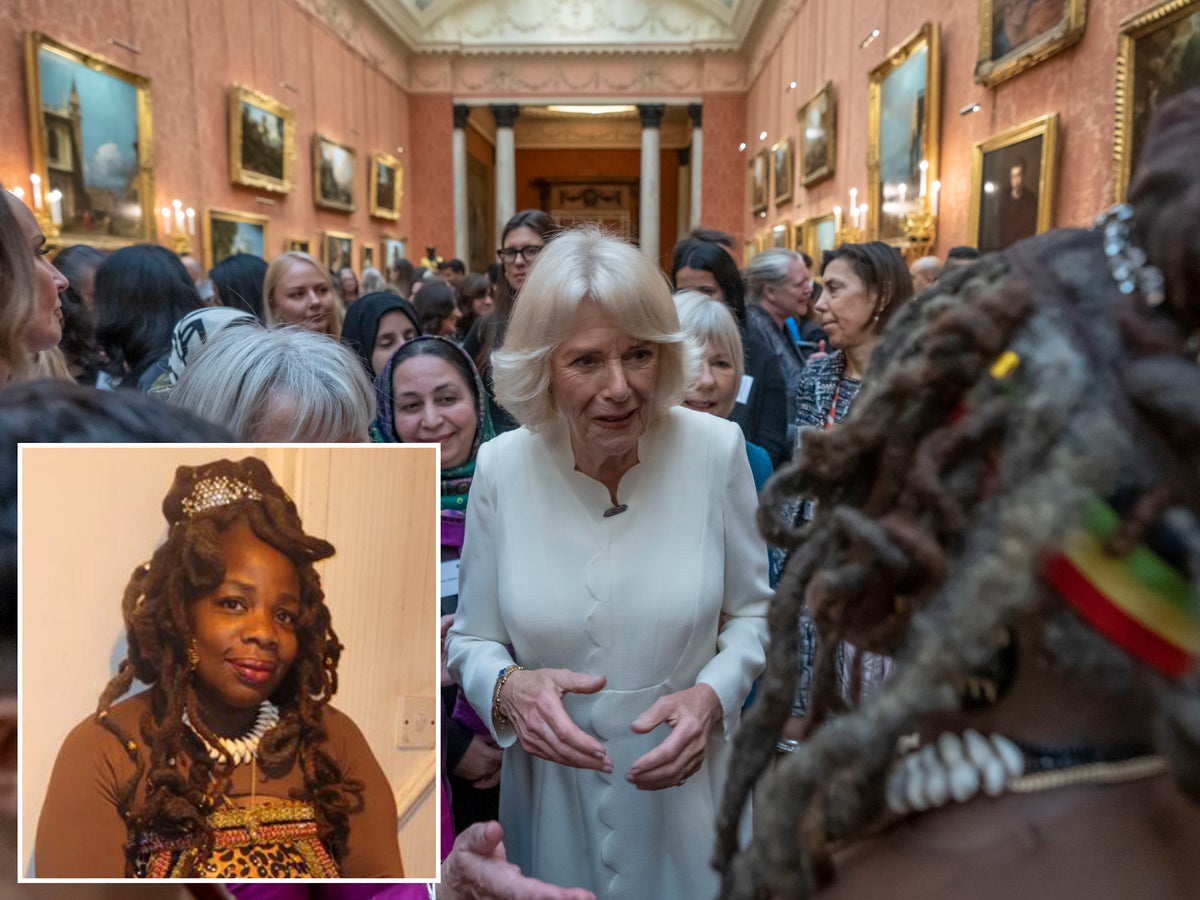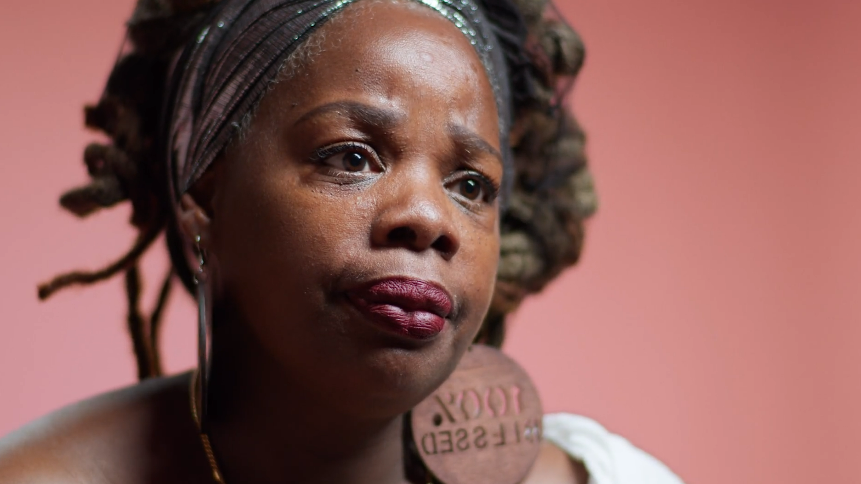
Buckingham Palace says it’s prepared to “work with” the Black charity boss who was interrogated about “where in Africa she was from” by a royal aide, The Independent understands.
Ngozi Fulani, founder of the charity Sistah Space, expressed her shock at the treatment she endured from the late Queen’s lady-in-waiting, Lady Susan Hussey, during a palace event on Tuesday.
Lady Hussey, Prince William’s 83-year-old godmother, resigned from the household and apologised after she repeatedly challenged Ms Fulani when she said was British and touched her hair without consent at Queen Consort Camilla’s reception highlighting violence against women and girls.
Buckingham Palace has now “spoken directly to” Ms Fulani and suggested it was willing to “work with her” after she offered to deliver anti-racism training.
A palace source said: “We very much hope that we can work with her when she is ready and express apologies in person.”
Ms Fulani wants the royal household to implement anti-racism training of the kind that earned her an invitation to the palace in the first place.
Sistah Space delivers cultural competency and anti-racism training to organisations such as the Metropolitan Police, and is behind the campaign to introduce Valerie’s Law, which would make such training compulsory for police forces and related bodies in a bid to tackle barriers to Black victims of domestic abuse accessing help.
Questions about the palace’s diversity policies continue to mount amid the fallout from the incident, which Ms Fulani said amounted to “institutional racism”.
Campaigners are also lobbying for an independent review at the palace.
“The monarchy’s history is steeped in racism. The current family have done far too little to stamp it out and catch up with the rest of society on tackling these appalling attitudes,” said Graham Smith, chief executive of anti-monarchy group Republic.
“For once we need to see clear and unequivocal openness and honesty from the palace, an admission of past failings and an independent review of where the fault lies.”
In a statement following Lady Hussey’s comments, the palace said “all members of the household are being reminded of the strict diversity and inclusivity policies which they are required to uphold at all times”.
However, there are no details of such policies on Buckingham Palace’s website, where it claims to “champion diversity”, within the two paragraphs on its ‘diversity and inclusion’ page.
Royal households are exempt from the Equality Act, introduced in 2010, which protects people from discrimination within the workplace and across wider society.
Buckingham Palace declined to comment further or share details of its diversity policies.
The House of Windsor was rocked last March after Prince Harry and Meghan claimed racism drove them away from the royal family.
The Sussexes alleged in their Oprah Winfrey interview that a member of the family – not the late Queen nor Prince Philip – made a racist comment about their son.
Ms Winfrey was left opened-mouthed when the duchess – the first mixed-race member of the modern monarchy – said a fellow royal was worried about how dark their son Archie’s skin tone might be before he was born.
The royal family reportedly considered appointing a diversity tsar under new plans to modernise the monarchy after these allegations surfaced. However, the idea was scrapped three months later for unknown reasons.
A senior royal source said at the time that the Queen and the Windsors had embraced the diversity of the nation, and the bid to improve diversity within the palace workforce was coming from across the royal family.
A “listening exercise” was carried out with palace employees, the source added.

The U-turn on the appointment of a tsar came after the palace published staff data for the first time in summer 2021 revealing a lower-than-average rate of ethnic minority employees, at 8.5 per cent. Prince William’s household, Kensington Palace, refused to disclose the same information.
The figures showed that Buckingham palace lags behind many other British institutions, such as the NHS and the civil service, on workplace diversity.
Despite having set a goal of 10 per cent, royal accounts this June showed that the royal household has yet to hit its diversity target, with its proportion of ethnic minority staff standing at 9.6 per cent.
It emerged last year that the royal family had banned the hiring of ethnic minorities in their households until at least 1960.
Racism claims have been prevalent among the royal family for years.
King Charles was previously embroiled in a similar scandal to that of Lady Hussey while he was Prince of Wales, when in 2018 he told Anita Sethi, a journalist of South Asian heritage, that she “doesn’t look” like she was from Manchester.
In 2017, Princess Michael of Kent apologised for wearing what was described as “racist jewellery” when she sported a blackamoor brooch at a palace Christmas lunch attended by Meghan.
In 1986, on a visit to China, the Duke of Edinburgh told British students “if you stay here much longer you’ll all be slitty-eyed”, and in 2002, Philip asked an aboriginal entrepreneur in Australia: “Do you still throw spears at each other?”







